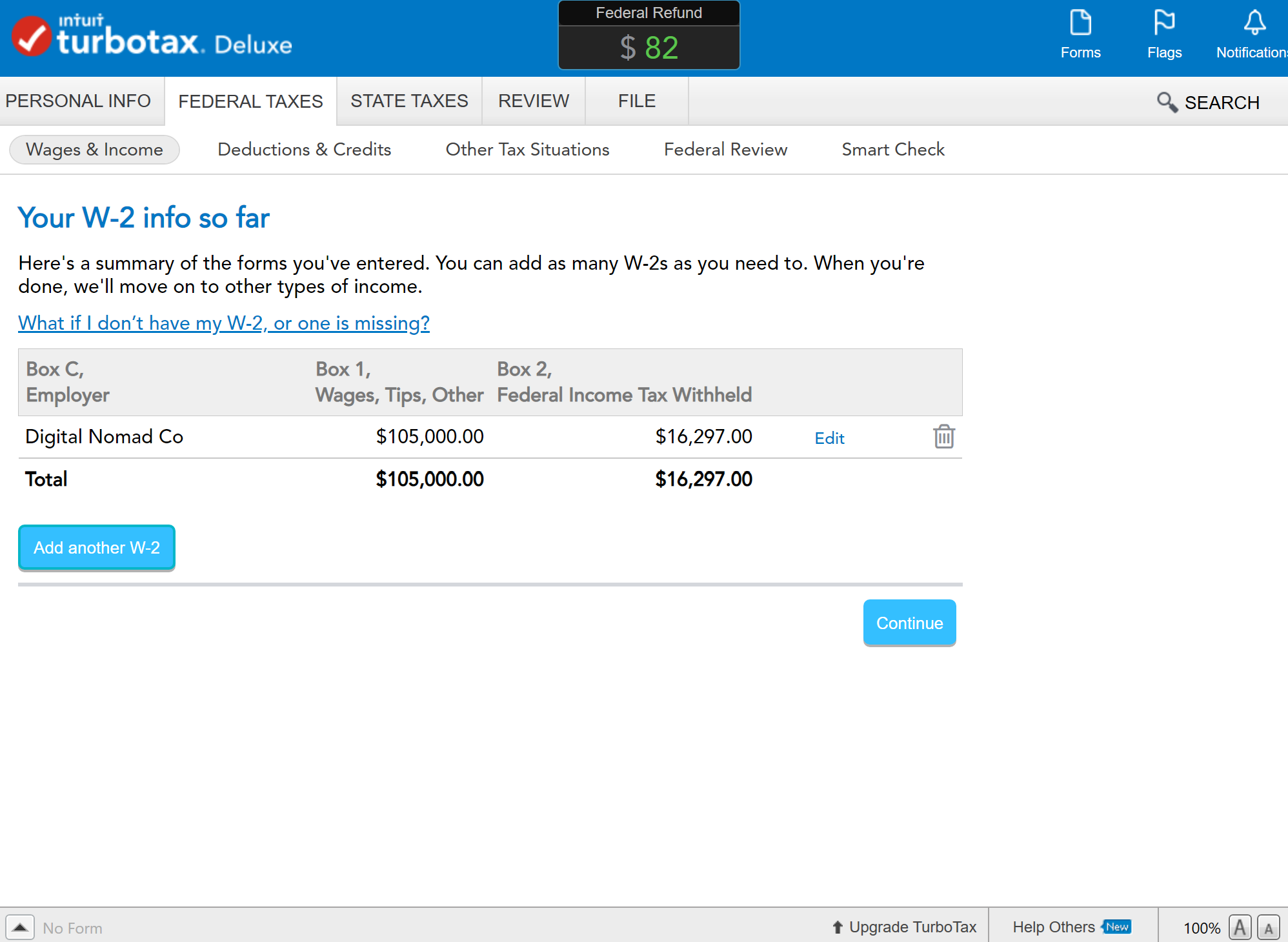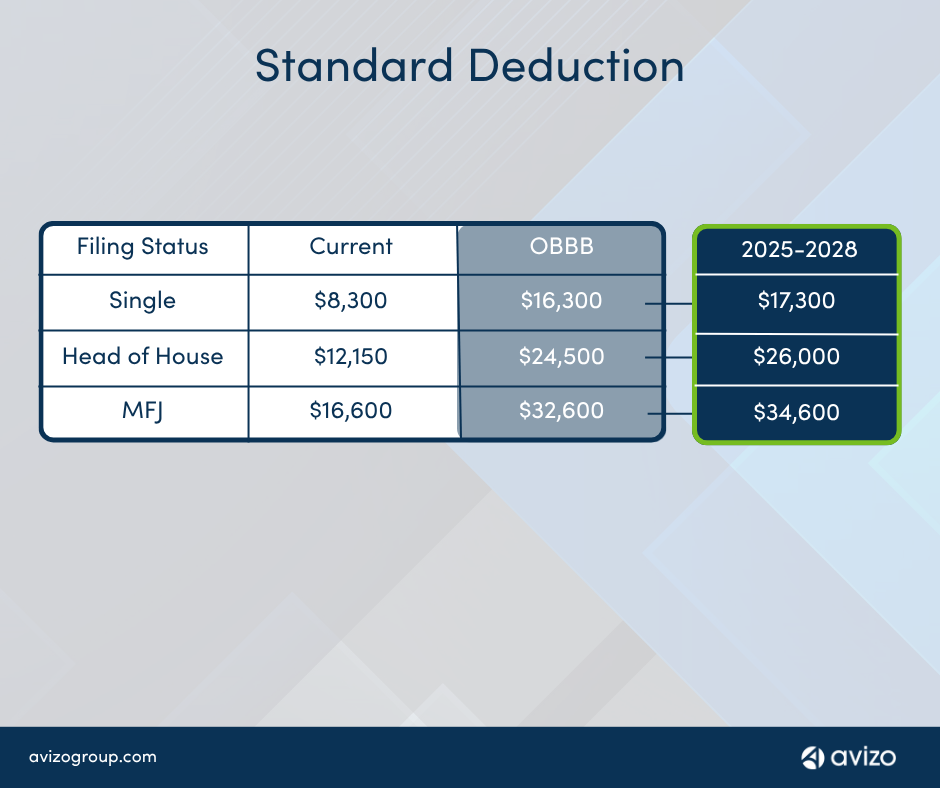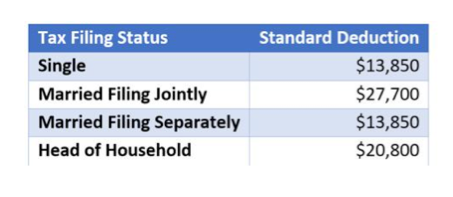Recognizing the Foreign Earned Revenue Exemption and Its Influence On Your Conventional Deduction
The Foreign Earned Earnings Exclusion (FEIE) offers considerable benefits for expatriates, enabling them to omit a portion of their foreign-earned earnings from U.S. taxes. Nonetheless, claiming the FEIE can make complex one's tax situation, especially regarding the conventional reduction. Comprehending this communication is important for people living abroad. As expatriates navigate these complexities, they need to consider just how their choices affect their overall tax obligation responsibility. What strategies can they employ to maximize their financial results?
What Is the Foreign Earned Earnings Exemption (FEIE)?
The Foreign Earned Earnings Exemption (FEIE) serves as an important tax obligation advantage for united state citizens and resident aliens functioning abroad. This provision allows eligible people to leave out a significant portion of their foreign-earned revenue from united state taxes, effectively reducing their general tax obligation problem. The FEIE intends to reduce the economic pressure on migrants and motivates Americans to go after work chances in foreign markets. The exclusion uses to wages, wages, and expert costs gained while living in an international nation. The maximum exclusion amount is adjusted annually for inflation, guaranteeing that it remains relevant to present economic conditions. By using the FEIE, expatriates can maintain even more of their revenue, promoting economic security while living overseas. Generally, the FEIE plays a crucial function fit the financial landscape for Americans abroad, assisting in a smoother change to worldwide job environments and promoting financial involvement on an international range.
Eligibility Needs for the FEIE
Qualification for the Foreign Earned Revenue Exclusion (FEIE) is contingent upon meeting particular criteria established by the Internal Revenue Solution (INTERNAL REVENUE SERVICE) Mostly, individuals must be united state people or resident aliens that gain earnings while living in a foreign nation. To qualify, they have to please either key tests: the Physical Visibility Examination or the Bona Fide House Test.
The Physical Presence Test needs individuals to be physically existing in a foreign nation for at the very least 330 complete days within a 12-month duration - FEIE Standard Deduction. Alternatively, the Bona Fide Home Examination demands that people develop residency in a foreign nation for a continuous duration that includes an entire tax year
In addition, the earnings needs to be originated from personal solutions carried out in the international country. Meeting these requirements enables taxpayers to exclude a substantial portion of their foreign-earned earnings from U.S. taxation, therefore minimizing their general tax obligation responsibility.
Exactly how to Declare the FEIE

To begin the process, people need to gather records that validate their foreign earnings, such as pay stubs, income tax return from foreign nations, and any relevant employment contracts. It is essential to guarantee all income claimed under the FEIE is made from international resources and satisfies the required thresholds.
In addition, taxpayers should think about filing deadlines and any kind of feasible extensions. Claiming the FEIE correctly not only helps in reducing tax obligation but additionally guarantees compliance with internal revenue service laws. Correct paperwork and adherence to standards are essential for a successful claim of the Foreign Earned Earnings Exclusion.
The Communication In Between FEIE and Common Reduction
The communication in between the Foreign Earned Income Exemption (FEIE) and the basic deduction is a necessary element of tax obligation preparation for migrants. Recognizing the standard concepts of FEIE, together with the restrictions of the basic reduction, can substantially affect tax obligation filing techniques. This section will certainly check out these components and their implications for taxpayers living abroad.
FEIE Fundamentals Described
While numerous migrants seek to minimize their tax burden, comprehending the communication between the Foreign Earned Revenue Exclusion (FEIE) and the common reduction is important. The FEIE permits U.S. people and resident aliens living abroad to exclude a specific amount of foreign gained earnings from united state tax. This exemption can greatly lower gross income, potentially impacting eligibility for other deductions, such as the basic reduction. Extremely, individuals that declare the FEIE can not also take the common deduction versus the omitted revenue. Because of this, expatriates need to carefully review their complete revenue and deductions to maximize their tax scenario. Understanding of these interactions can bring about more enlightened monetary decisions and far better tax obligation approaches for expatriates guiding through their unique scenarios.
Criterion Reduction Limitations
Comprehending the constraints of the common deduction in connection with the Foreign Earned Income Exemption (FEIE) is important for expatriates maneuvering their tax obligation duties. While the FEIE enables qualifying people to leave out a specific amount of foreign-earned earnings from U.S. taxation, it can influence the common deduction they are qualified to claim. Particularly, taxpayers that declare the FEIE can not likewise declare the standard deduction on that excluded earnings. Furthermore, if a migrant's complete earnings drops below the conventional deduction threshold, they might not profit from it in any way. This interplay demands mindful preparation to optimize tax obligation advantages, as underutilizing the typical deduction can result in greater gross income and boosted tax liability. Understanding these restrictions is crucial for effective tax technique.
Tax Declaring Implications
Navigating the tax obligation declaring implications of the Foreign Earned Income Exclusion (FEIE) requires cautious consideration of just how it communicates with the common deduction. Taxpayers using the FEIE can exclude a substantial portion of their pop over to this web-site foreign-earned income, however this exclusion affects their qualification for the standard reduction. Especially, if a specific insurance claims the FEIE, they can not likewise claim the standard deduction for that revenue. This can bring about a lower total tax obligation obligation yet may make complex the filing process. Additionally, taxpayers must guarantee compliance with IRS demands when filing Kind 2555 for the FEIE. Comprehending these interactions is crucial for maximizing tax obligation advantages while staying clear of possible pitfalls in the filing process. Cautious preparation can maximize advantages and lessen responsibilities.
Prospective Tax Obligation Ramifications of Utilizing the FEIE
The Foreign Earned Income Exemption (FEIE) provides significant tax benefits for U.S. citizens functioning abroad, yet it additionally features prospective effects that necessitate view publisher site careful consideration. One major effect is the effect on qualification for sure tax credit ratings and deductions. By choosing to make use of the FEIE, taxpayers may inadvertently decrease their modified gross income, which can limit access to credit scores like the Earned Revenue Tax obligation Credit or reduce the amount of standard reduction available.
Furthermore, individuals that utilize the FEIE may face difficulties when returning to the U.S. tax obligation system, particularly worrying the taxation of future revenue. The exclusion applies only to gained revenue, implying various other revenue types, such as returns or rate of interest, remain taxed. This difference requires thorough record-keeping to guarantee compliance. The FEIE may influence state tax commitments, as some states do not acknowledge the exclusion and may strain all income gained by their citizens, regardless of where it is gained.
Tips for Optimizing Your Tax Advantages While Abroad
While functioning abroad can be enhancing, it additionally offers one-of-a-kind opportunities to maximize tax obligation benefits. To take full advantage of these advantages, individuals ought to first establish their qualification for the Foreign Earned Earnings Exclusion (FEIE) and think about the physical existence examination or the bona fide residence examination. Maintaining thorough records of all earnings gained and expenses sustained while overseas is vital. This paperwork supports claims for credit ratings and deductions.
In addition, comprehending the tax treaties in between the USA and the host country can assist prevent dual taxation. Individuals ought to likewise discover contributions to tax-advantaged accounts, such as Individual retirement accounts, which might offer further reductions.

Lastly, speaking with a tax obligation specialist concentrating on expatriate tax obligation legislation can offer tailored strategies and assurance conformity with both U.S. and international tax obligation commitments. By taking these steps, expatriates can effectively improve their monetary circumstance while living abroad.
Regularly Asked Questions
Can I Use FEIE if I Help an International Federal government?
Yes, a person can use the Foreign Earned Earnings Exemption (FEIE) while benefiting a foreign federal government, supplied they fulfill the requisite conditions laid out by the internal revenue service, including the physical presence or bona fide house tests.

Does FEIE Apply to Self-Employment Revenue?
The Foreign Earned Earnings websites Exemption (FEIE) does put on self-employment income, gave the specific satisfies the needed requirements. Qualified independent people can omit qualifying earnings made while residing in an international nation from tax.
Suppose My International Revenue Goes Beyond the FEIE Restriction?
If international income exceeds the FEIE limit, the excess amount might undergo united state taxes. Taxpayers must report and pay taxes on the income over the exclusion limit while still profiting from the exclusion.
Can I Claim the FEIE and Detail Reductions?
Yes, people can claim the Foreign Earned Income Exemption (FEIE) while additionally making a list of reductions. They have to be conscious that asserting the FEIE might affect the schedule of specific itemized reductions on their tax return.

Just How Does FEIE Affect My State Tax Obligation Obligations?
The Foreign Earned Revenue Exclusion can decrease state tax obligation obligations, as several states adhere to federal guidelines. Specific state guidelines vary, so it's important to speak with state tax obligation laws for certain implications on tax obligation responsibilities.
The Foreign Earned Earnings Exclusion (FEIE) uses considerable advantages for expatriates, permitting them to omit a portion of their foreign-earned revenue from United state tax. While numerous expatriates seek to minimize their tax concern, understanding the interaction between the Foreign Earned Income Exclusion (FEIE) and the typical deduction is necessary. Comprehending the constraints of the standard reduction in connection to the Foreign Earned Revenue Exemption (FEIE) is vital for expatriates navigating their tax obligation duties. The exclusion applies only to gained earnings, suggesting various other earnings kinds, such as returns or rate of interest, continue to be taxable. The Foreign Earned Revenue Exemption (FEIE) does use to self-employment income, supplied the specific meets the necessary demands.